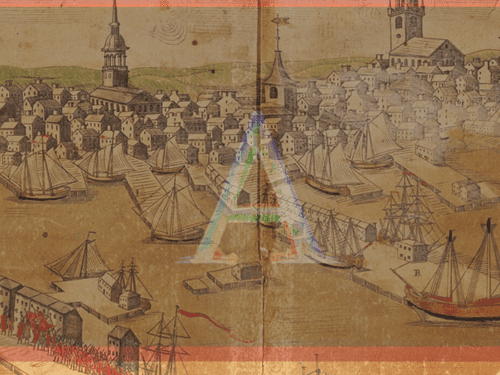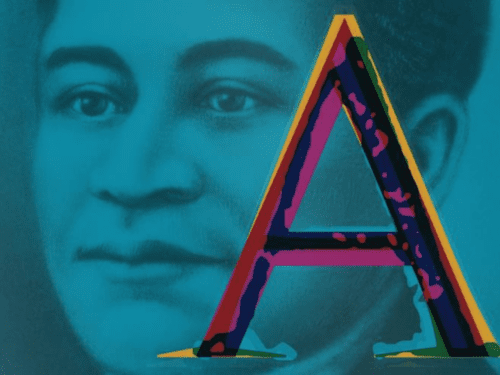Attucks and the Politics of Liberty and Sovereignty in 18th Century New England
Online Panel

Moderated by Revolutionary Spaces President & CEO Nat Sheidley, Attucks and the Politics of Liberty and Sovereignty in 18th Century New England reflects on the political conversations that were taking place around the time of the Boston Massacre among white colonists and the African- and Native-descended communities. The Revolutionary period is most often associated with colonists arguing for their rights as British subjects to tax themselves under a locally elected government, but that is only part of the story. Blacks were also seeking to make the case for liberty to end the practice of slavery, while Native peoples continued to reclaim their sovereignty after more than a century of colonial expansion.

About the Participants
Chris Newell is Executive Director and Senior Partner to Wabanaki Nations for the Smithsonian-affiliate Abbe Museum in Bar Harbor, Maine, and a member of the Passamaquoddy Tribe at Indian Township.
Chernoh Sesay is Associate Professor of Religious Studies at DePaul University, author of the forthcoming Black Boston and the Making of African-American Freemasonry: Leadership, Religion, and Community in Early America.
David Silverman is Professor of History at George Washington University, and author of This Land is Their Land: The Wampanoag Indians, Plymouth Colony, and Troubled History of Thanksgiving.
Serena Zabin is Professor of History and Director of the American Studies department at Carleton College, and author of The Boston Massacre: A Family History.
Reflecting Attucks
Reflecting Attucks is a virtual exhibit that explores the memory of Crispus Attucks, a man of African and Native descent who was the first to die at the Boston Massacre, an act of protest widely viewed as a turning point on the road to American Revolution.
In this exhibit, we delve into Attucks’s world and look at how generations of Americans have seen their own reflection in the image of Attucks standing in the face of fierce opposition. By remembering him as a martyr, leader and courageous fighter, they fueled freedom movements that changed the course of history.


